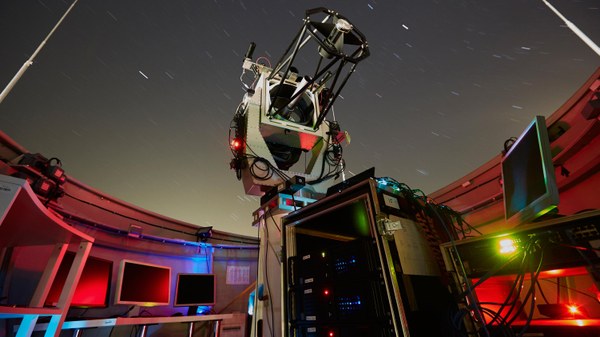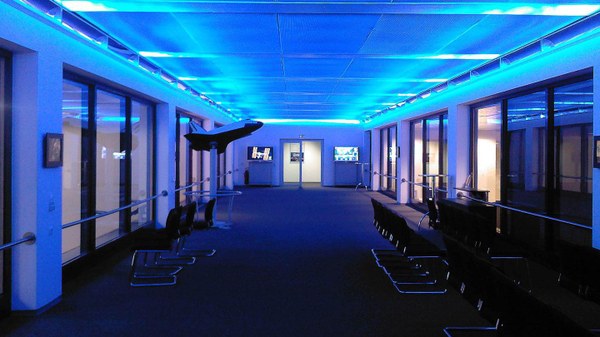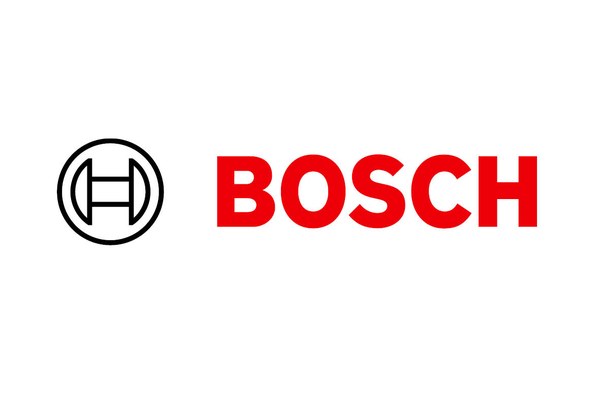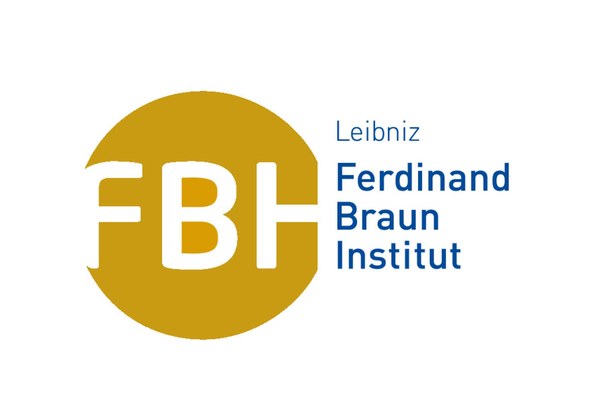QYRO - A Quantum-Based Gyroscope
Cubesat communication satellites in low earth orbit

The planned quantum-based gyroscope (QYRO) is intended to be an alternative to current mechanical gyroscopes. The Galileo Competence Center at DLR is responsible for all space-related aspects in the project. It prepares a requirements catalog for space sensors for the participating partners so that they can take space-specific conditions into account in the development of the individual components right from the start of the project. Secondly, the Galileo Competence Center is responsible for the definition, planning and implementation of the satellite mission. The development, implementation, transport and operation of the satellite is carried out in cooperation with other DLR institutes. For example, the Institute for Software Technology contributes the software-side elements, colleagues from the Institute of Communications and Navigation support by providing one of the reference antennas and receivers, and DLR Space Operations and Astronaut Training later takes over the operation of the satellite.
The QYRO payload can be validated under real operational conditions in space and thus determine whether QYRO, and therefore quantum-based gyroscopes in general, is suitable for space and, if so, how it compares to commercially available modern reference systems.
This first satellite controlled with quantum technology will be launched in 2027.
Partnership of industry and research
The development of European quantum sensors is intended to strengthen independence from the global market. Q.ANT is leading the development partnership. "This strategic partnership shows the potential in the joint development of future technologies. The use of quantum technology in aerospace is a huge opportunity for Germany as an industrial location," says Michael Förtsch, CEO of Q.ANT. The start-up assembles the various components of the sensor and supplies the detection unit. Bosch Research is developing a miniaturized measuring cell suitable for use in space. It is filled with an atomic gas that is animated by laser beams and magnetic fields to cause the atoms to gyrate. Miniature laser diodes from TRUMPF are being developed together with the Ferdinand Braun Institute, Leibniz Institute for High Frequency Technology, for use in quantum technology and in space. They will then be integrated into a casing with further measurement technology.
The German Federal Ministry of Education and Research (BMBF) is funding the joint project QYRO as part of the funding measure "Lighthouse projects in quantum-based measurement technology to address societal challenges". The research budget for the project is around 28 million euros, a large part of which comes from the BMBF.
DLR Co-operations
External Partners









